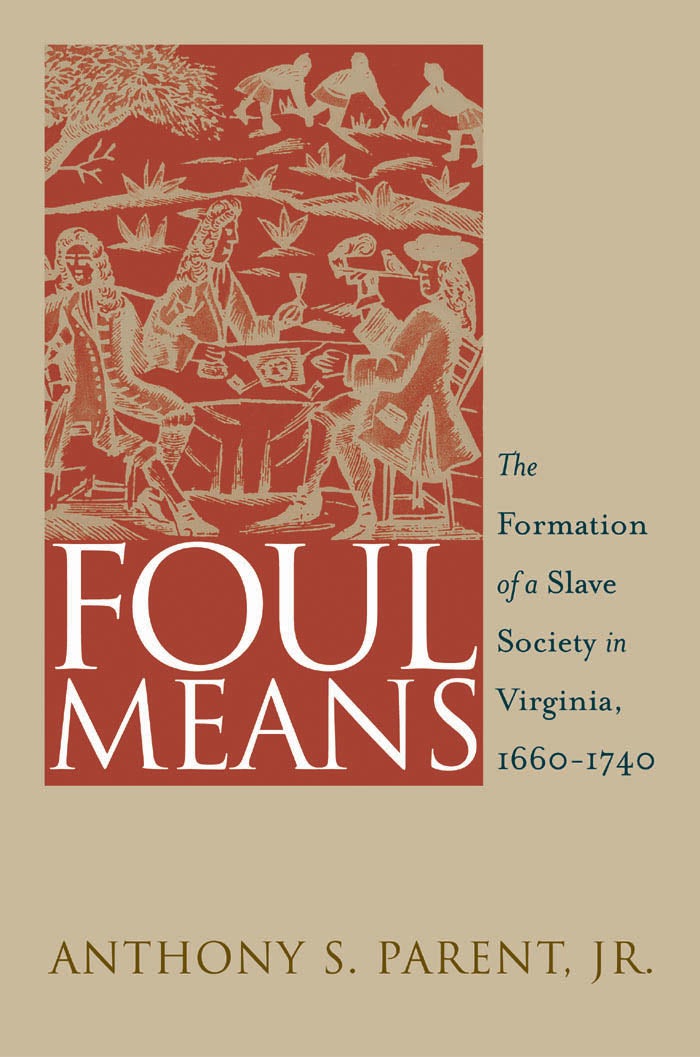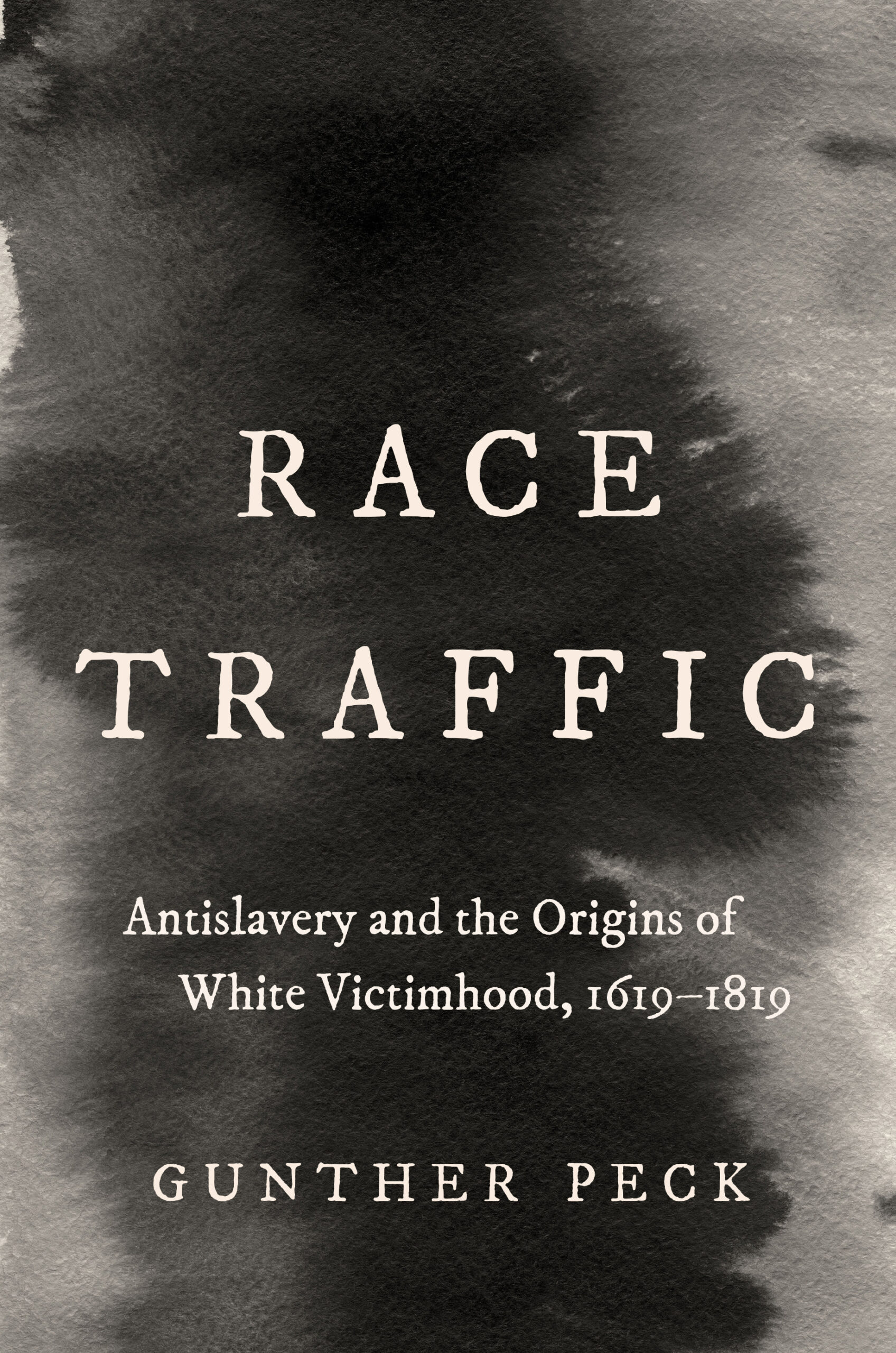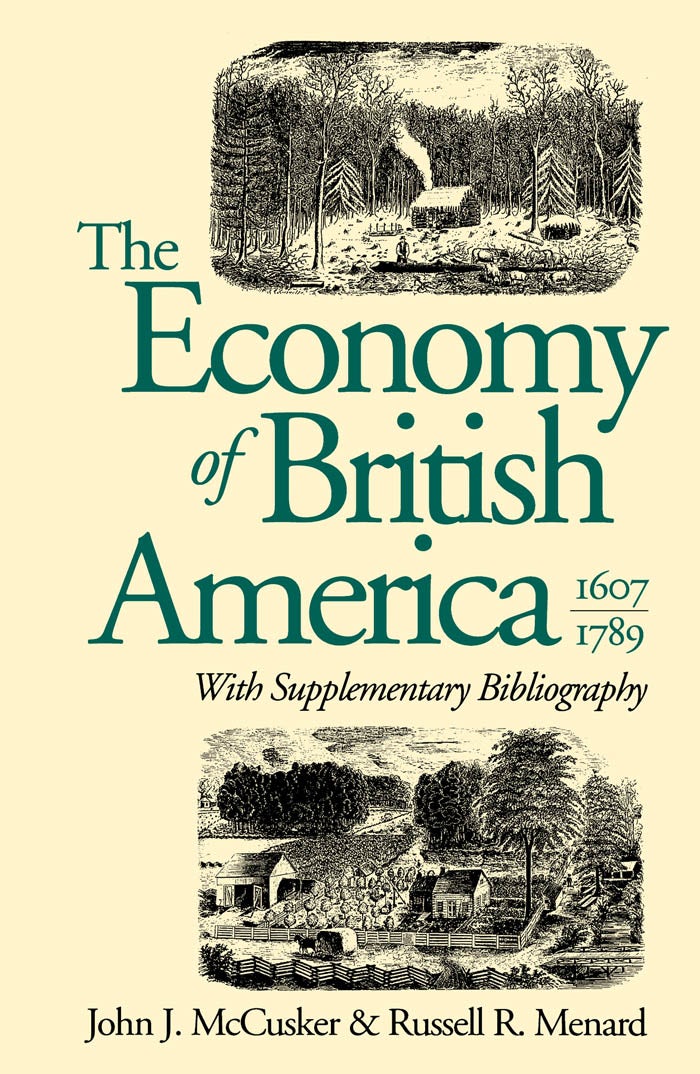
Foul Means
Description
Challenging the generally accepted belief that the introduction of racial slavery to America was an unplanned consequence of a scarce labor market, Anthony Parent, Jr., contends that during a brief period spanning the late seventeenth and early eighteenth centuries a small but powerful planter class, acting to further its emerging economic interests, intentionally brought racial slavery to Virginia.
Parent bases his argument on three historical developments: the expropriation of Powhatan lands, the switch from indentured to slave labor, and the burgeoning tobacco trade. He argues that these were the result of calculated moves on the part of an emerging great planter class seeking to consolidate power through large landholdings and the labor to make them productive. To preserve their economic and social gains, this planter class inscribed racial slavery into law. The ensuing racial and class tensions led elite planters to mythologize their position as gentlemen of pastoral virtue immune to competition and corruption. To further this benevolent image, they implemented a plan to Christianize slaves and thereby render them submissive. According to Parent, by the 1720s the Virginia gentry projected a distinctive cultural ethos that buffered them from their uncertain hold on authority, threatened both by rising imperial control and by black resistance, which exploded in the Chesapeake Rebellion of 1730.
About The Author
Anthony S. Parent, Jr., is associate professor of history at Wake Forest University in Winston-Salem, N.C.
Reviews
“Parent has focused on an understudied period that he rightly insists is crucial to understanding the development of Virginia’s slave system. That foul system is crucially important to our perception of the colonial period, and thus to our understanding of ourselves.”–Common-Place
“Anthony S. Parent Jr.’s work is a major breaking in Virginia and United States slavery historiography. . . . An innovative, well-documented, provoking, and critical re-interpretation of an important historical period for Virginia and America.”–Southern Historian
“Superb. . . . Foul Means is meticulously researched, closely argued, audaciously presented. . . . [an] impressive contribution.”–Gulf South Historical Review
“[Parent’s] book is a strong indictment against Virginia’s colonial elite. Carefully researched and written, it is a model in revisionist history.”–Choice
“Parent offers a compelling, well-stated argument for reconsideration of the basic narrative of American colonial history, particularly its assumptions concerning the emergence of African slavery.”–Maryland Historical Magazine
“Foul Means is filled with truth both quiet and riveting and makes a significant contribution to our understanding of the development of American slavery.”–Winston-Salem Journal
“Amazingly, generations of Virginia historians portrayed the colony’s descent into race slavery as the emergence of a Golden Age. But Parent’s compelling book casts new light on this grim and crucial evolution over three generations, demonstrating it was hardly a benign shift, or even an ‘unthinking decision.’ Instead, it was a terrible transformation that has thrown its long shadow across the rest of American history. It will take time for the full message to sink in.”–Peter H. Wood, Duke University
“Parent’s Foul Means is a remarkable work of scholarship. Meticulously researched and gracefully written, this major study offers a powerful reinterpretation of the progression to a racially based system of slavery in early Virginia. Parent’s subtle explication of planter motivation and black agency is fresh and compelling. He has done full justice to the intricacy of his subject.”–Betty Wood, Girton College, Cambridge University






